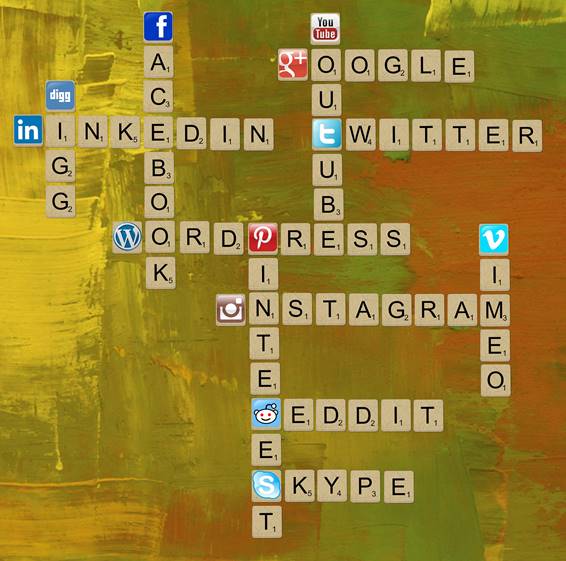Solving the claims puzzle…..

….the use of Social Media in a claims environment
A bit of a challenge – can a claims assessor use the information on social media – Face book, Instagram, Twitter etc to make a judgement on the admissibility of a claim. Should a trawl around social media sites be part of the claims assessment process?
Well clearly if you are claiming for a broken back and post a picture of yourself skiing in the Alps a challenge to the validity of a disability claim is totally acceptable. But unless the claimant is posting inflammatory messages such as “Look at me – I’m ripping off an Insurer” we urge caution. It is possible (not likely but possible) that the claimant with the broken back was prescribed skiing as part of a rehabilitation programme. It is possible that the picture was digitally altered, was it taken before the event for the claim happened? Has a friend posted this as a joke?
If something is posted in the public domain and it has a direct impact on a claim then of course the claimant must be investigated. A member of our HCB Ireland team saw an in the Sunday Independent by Sarah McCabe about insurance fraud with comments from Met Life’s Marty Lippert their executive vice president for global technology and operations, said that the insurance giant uses social media data to detect fraud in cases such as disability claims
“Internet users need to be aware of what they are posting online – because if it is publicly available, it’s up for grabs by insurers, according to the head of technology for Metlife.”
The key ethical question for the insurer, Lippert said, was whether the information was made publicly available.
“We do not pull in information that is not publicly available.”
“That is the line. If it is publicly available we think it fits within the parameters of good ethical behaviour.”
The burden is on consumers both to tell the truth and to be aware of what they are posting online, Lippert added.
“Consumers have to be conscious that what they are putting out publicly is available to everyone.
“Our hope is that we don’t find inconsistencies between what is being posted and what is being claimed.”
We, at HCB Group believe that there really should be two stages to admitting a claim:
- It the claim valid? In other words does it meet the terms of the policy?
- Medical reports together with a discussion either face to face or over the telephone provides both objective and subjective evidence.
- Direct communication with a claimant allows an evaluation of motivation and analysis of the bio psychosocial aspects of the claim. Whilst some of this of this can be garnered from an image posted on their Facebook timeline it does not and can not tell the whole story.
- The second stage of a claim should be the engagement process, setting our rehabilitation goals, challenging conventional thinking on disability. Again all of this can be done by conversing with the claimant, not by denying a claim because of something on social media.
HCB Group in the UK and Ireland offers insurers and employers full claims management and investigation support (through James Harris Investigations). It could be said that claims are the only “product” an insurance organisation has, and brand, reputation and profitability all rely heavily on the accuracy of the claims decision, and the customers experience
James Harris Investigations (JHI) has specialised in providing confidential, ethical and professional Claim Enquiry and Investigation Services since 1984. JHI’s services are used by a significant number of leading insurers making JHI a leading provider of investigation services to the insurance industry
Source: Sunday Independent Ireland – “If it’s public we can use it – Metlife on social media ethics”


